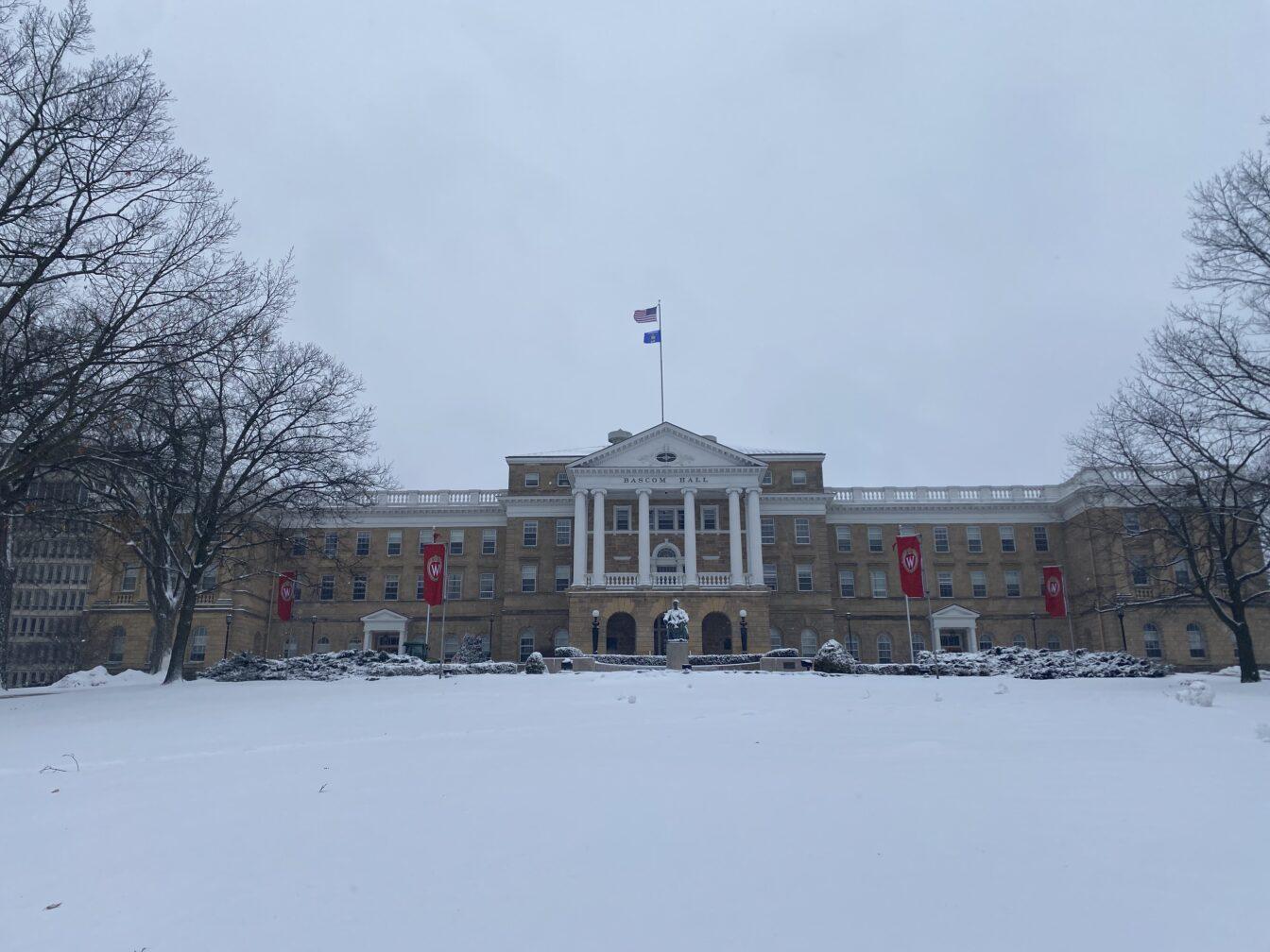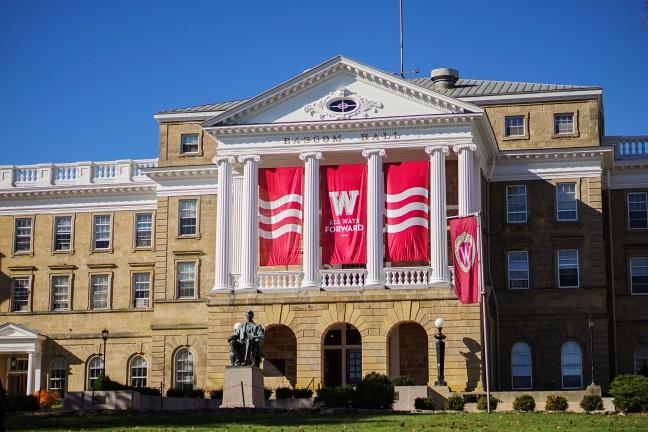Every year, it seems the process of doling out your segregated fee dollars finds controversy. Heck, Campus Women’s Center is still battling for funding after being denied last semester. However, that controversy usually waits to rear its head until General Student Services Fund group hearings. This year, it showed up a little early.
Two non-allocable (meaning we have to fund them) groups requested budget increases in excess of the 1.9 percent cap set by the University of Wisconsin System administration. University Health Services requested a bump of 6.09 percent, and the Wisconsin Union asked for a jump of 6.9 percent.
We’ll tackle the easy one first. A combination of the state raid on its reserves, one-time costs associated with moving into a new building and a substantial spike in usage led UHS to ask for the larger-than-normal increase.
While not ideal, there are several circumstances that make this pill easier to swallow. First, the 6 percent increase in funding accompanies a 13 percent increase in usage — which makes sense, because Lucky is a heck of a lot easier to get to than that old hole on Breese. Second, UHS Director Sarah Van Orman, has assured us UHS sees this as a one-time increase and expects to be able to meet the 1.9 percent threshold in the coming years. Finally, UHS provides a critical service to campus. Unlike treadmills or a cheese club, health care is non-negotiable — you just have to have it.
Despite these factors that in some ways excuse the funding increase, UHS should still make a good-faith effort to find efficiencies where possible, in personnel as well as in programs. While overhead costs of billing students’ insurance companies for some services may create more problems than it solves, those options, as well as program cuts, should remain on the table.
Like UHS, the Union suffered from the state plundering of university coffers last year, and a weak summer from the Rathskeller further complicated the situation. But the Union plans to bridge the deficit mostly with reserve funds. Most of the 6.9 percent increase being requested would go toward starting a maintenance fund to ensure the new Union South and renovated Memorial Union do not fall into disrepair over the years. In fact, the same increase will be sought for the next two years as well to fully establish the fund.
Although Union Director Mark Guthier said his organization was aware of the expenses associated with keeping Union South and renovated Memorial Union in good repair, it originally expected to be able to do so without resorting to SSFC funding. However, changes in worker compensation requirements and hotel income forced the Union to search for other sources to make up the difference.
Other sources, however, are already paying nearly $200 a year for the construction and renovation of said buildings. Students have already contributed their fair share. It is time for the Union to look elsewhere as it seeks to grow.
Moreover, the Union is not essential to the student body. WUD programs are nice, and union delis in the far-flung corner of campus are convenient, but foodservice and foreign movies (“films”) occupy a much lower priority level than does basic health care. It is also important to note this increase would be only the first installment in a three-part series. All of a sudden, three consecutive budget increases over the 1.9 percent threshold doesn’t seem so reasonable. Nobody likes to cut programs, but that may be necessary for the Union to balance its budget. In an interview Thursday, Guthier acknowledged that some delis actually lose money. This would be a good place to start looking for those maintenance funds — we’re sure faculty and staff could find some alternative to overpriced sandwiches and bad coffee.
While exceeding the 1.9 percent cap on budget increases by such a wide margin is by no means ideal, it can sometimes be necessary for student services to balance their bottom lines. And sometimes it’s not.












